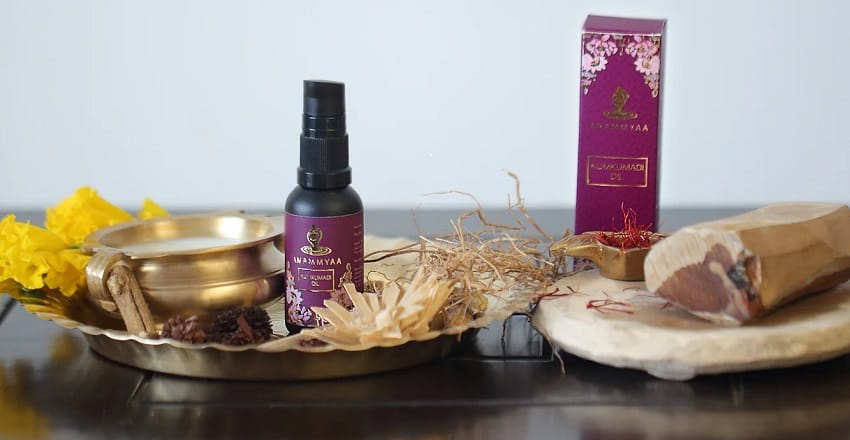1. Winter is Kapha Season Winter naturally aggravates Kapha dosha: ColdHeavyMoistSluggish Cucumber shares the same qualities, so instead of balancing the body, it adds to Kapha load. Result: congestion, heaviness, slow digestion. 2. Cold Potency vs Weak Agni In winters: Digestive fire (Agni) is already challenged by coldRaw cucumber further dampens Agni Eating cucumber raw (as salad) is like: pouring cold water on a weak flame Repercussions of Eating Cucumber in Winters Digestive Disorders Respiratory & Kapha Disorders Skin & Metabolic Issues Joint & Musculoskeletal Problems Especially Harmful For: Better Winter Alternatives to Raw Cucumber Salad Ayurvedic Wisdom to Remember “Sheeta dravya in sheeta kala is the root of disease.”(Cold foods in cold season become a cause of imbalance)












